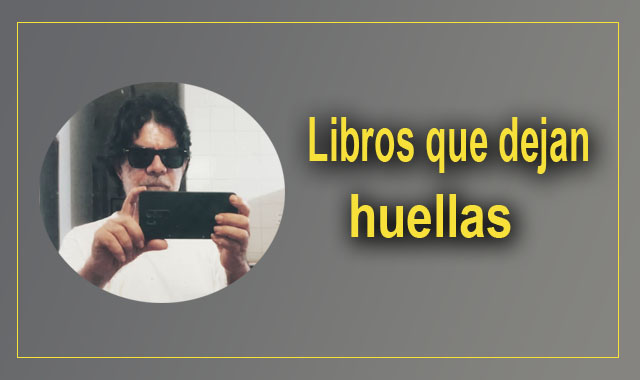
Saludos. La amiga @damarysvibra en su columna para la comunidad @holos-lotus nos deja la invitación a reflexionar sobre el impacto que los libros han dejado en nosotros. Les comento…
Mi encuentro con las buenas lecturas lo tuve en la Universidad, antes de ese tiempo solo conocía los libros de texto que usábamos en la escuela. Mis padres no eran lectores y en mi casa los únicos libros que habían era los que se compraban para nuestros estudios.
Al llegar a la Universidad era muy ignorante, escuchaba a mis compañeros hablar de sus lecturas y me sentía desubicado, procuraba apartarme de esas conversaciones porque no tenía nada que opinar. En aquel tiempo no había nada parecido a Internet donde se acudiera rápidamente a consultar reseñas u opiniones sobre libros.
Una vez en la biblioteca vi a un compañero muy entusiasmado con un libro, estaba tan concentrado en la lectura que ni siquiera se dio cuenta que yo me había sentado al frente, aquel libro era distinto a los que nos recomendaban en las materias que cursábamos. En un momento que levantó la vista le pregunté a mi amigo qué leía y como repuesta me mostró la carátula del libro, se trataba de “El lobo estepario” de Hermann Hesse.
A los pocos días fui a una librería y compré aquel pequeño libro. Al leerlo realmente me sentí un poco desconcertado, aquella lectura me resultaba enigmática, tuvo que pasar un tiempo para que yo madurara y pudiera entender realmente los problemas que contenía ese libro de Hesse.
Con el pasar del tiempo me fui haciendo lector, aprendí a disfrutar todo tipo de lecturas. Cada vez que podía compraba algún libro y mi biblioteca fue creciendo a un ritmo que ocupo todos los espacios disponibles de la casa.
En la actualidad casi todo lo que leo lo hago en mis lectores electrónicos, un Sony y un Kindle, esos dispositivos han sido una bendición en estos momentos en que mi vista comienza a agotarse y me resulta difícil leer los libros con letras pequeñas. Además, los lectores me abren la posibilidad de leer con comodidad cualquier cosa que consiga en Internet.
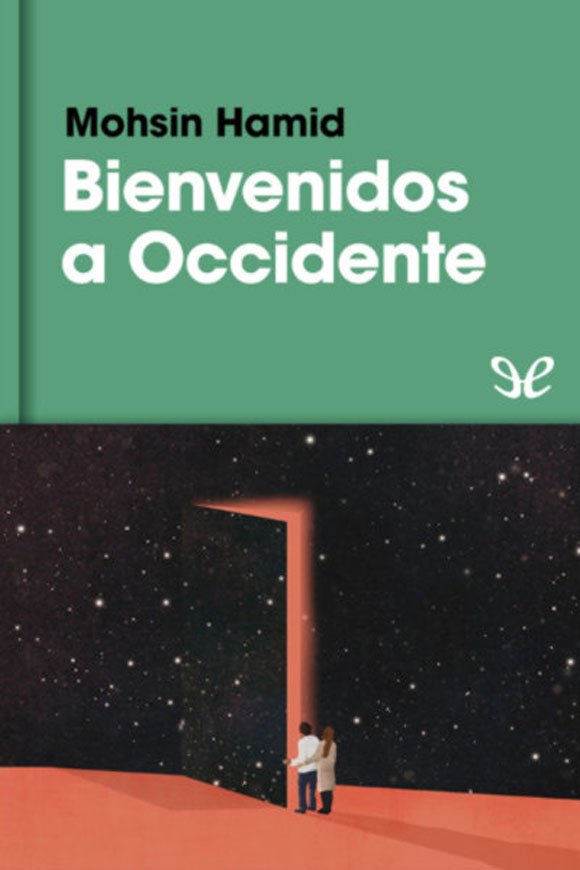
Son muchas las lecturas que me sigan impactando, siempre me sorprendo con alguna nueva lectura o con autores desconocidos, me encanta la posibilidad infinita de descubrir cosas a través de los libros.
Les voy a compartir cuatro libros que he revisado en los últimos años, escojo esos en particular porque todos están disponibles en los caminos verdes de Internet.
La gente de mi generación está conociendo el efecto de la emigración, un fenómeno nuevo en nuestra cultura. Es en los últimos quince años cuando los venezolanos comenzaron a irse masivamente del país, lo que nunca había pasado en toda nuestra historia republicana.
Conocer sobre ese aspecto me ha motivado a buscar libros que traten el tema y uno de los que conseguí fue “Bienvenidos a Occidente”.
Este libro del escritor Mohsin Hamid, de origen Pakistaní, fue publicado en 2017. Llegué a él como siempre se llega a los libros, por alguna casualidad, y me llamó la atención por tres cosas, su brevedad, apenas 130 páginas, el tema de la emigración como telón de fondo de la historia, y que está muy emparentado con la ciencia ficción.
El libro narra la historia de dos jóvenes que tienen que huir de su país al estallar una guerra que cambia todo su modo de vida. El conflicto se les presenta al tener que decidir si llegar a alguna ciudad Occidental atravesando unos portales que se han abierto temporalmente, o quedarse al lado de los suyos, a esperar un desenlace que no pinta nada bien. El libro resonó mucho en mí, me sentí muy identificado con el drama que significa la emigración, tanto para los que se van, como para los que nos quedamos atrás.
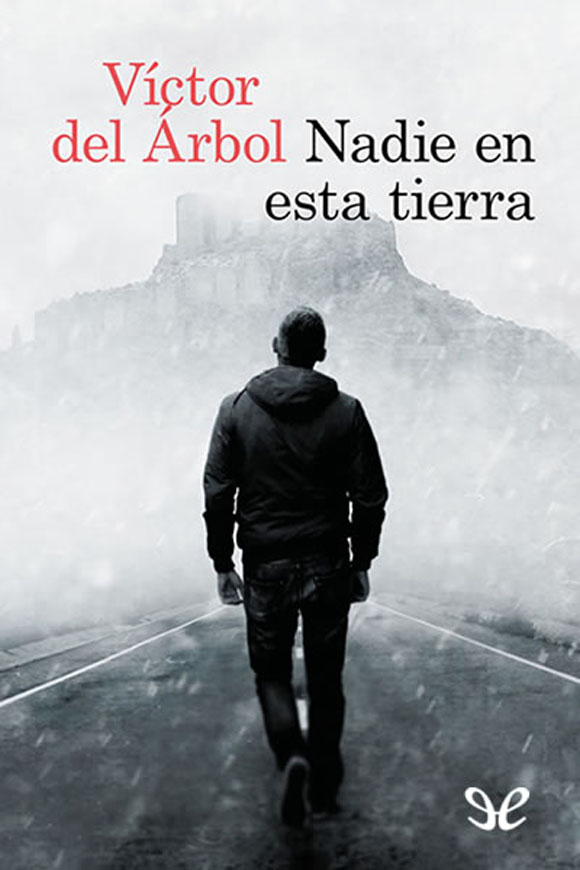
Otro libro que me ha impactado fue “Nadie en esta tierra”, del escritor español Víctor del Árbol. El libro fue publicado en el año 2023 y está planteado a modo de thriller. Un investigador policial tiene que resolver un caso que lo va llevando por caminos que él no quería volver a recorrer. En la historia se trabajan muy bien cuestiones como las arbitrariedades del poder, el efecto de los problemas que se arrastran desde la niñez, y las consecuencias sociales que traen los extremismos. Es un libro duro que puede ser difícil de leer para personas muy sensibles.
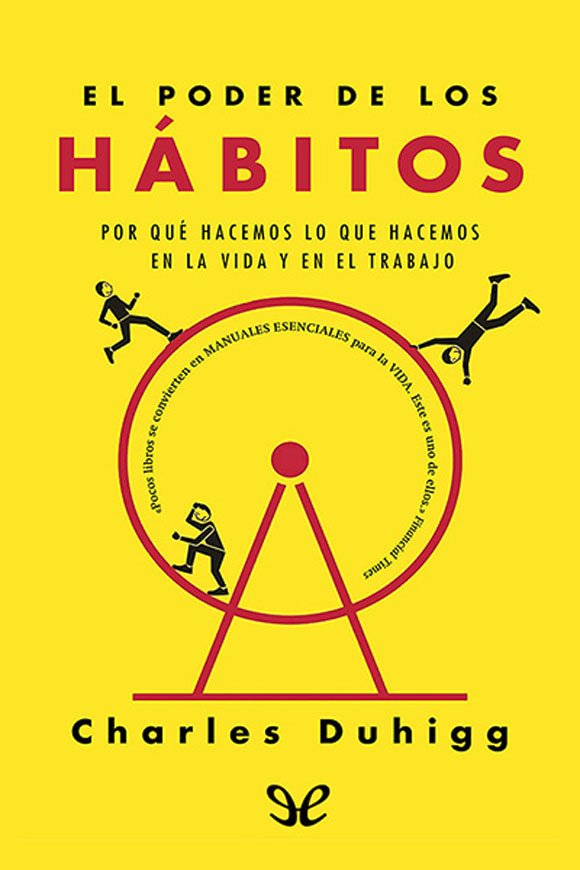
En los tiempos en que estuve al frente del espacio del Club de Lectura, acá en nuestra comunidad, me encontré con un libro muy recomendable: “El poder de los hábitos”, de Charles Duhigg. Desde su publicación en el año 2012 se ha convertido en un gran súper ventas. Un mérito que tiene bien ganado porque es un libro que nos puede dar ideas para cambiar nuestra manera de ser. Este libro me impactó profundamente, iluminó mi entendimiento, y me ayudó a entender muchos de mis comportamientos.
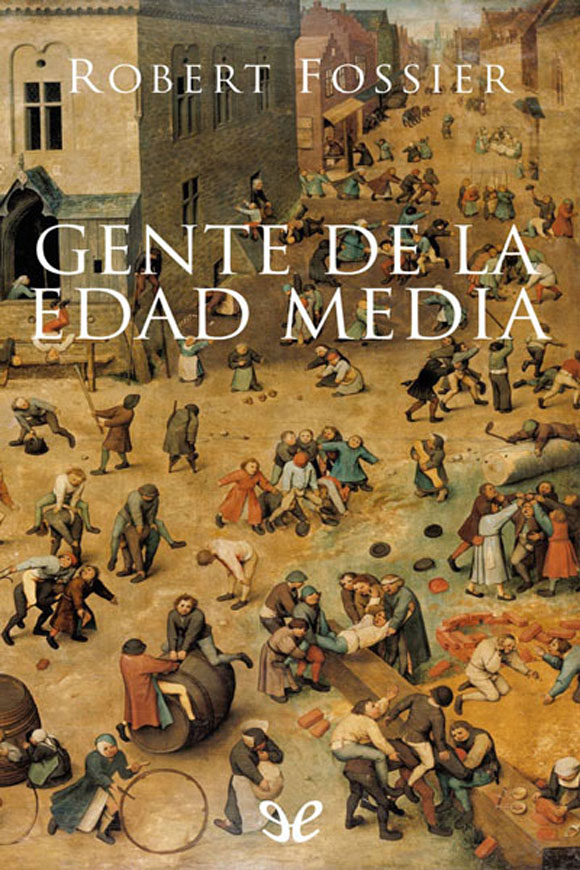
Conocer la historia también me ha llamado la atención, me encanta saber cómo vivía la gente de otros tiempos y de diferentes culturas distintas a la mía.
Hace poco me topé con el libro “Gente de la edad media” del historiador francés Robert Fossier, publicado en 2007.
La mayoría de las personas asocian la edad media con una época de atraso y de ideas oscurantistas, algo que no es casual porque ha sido la manera en que cierta historiografía ha decidido presentarnos esa etapa de la civilización europea.
Este historiador nos explica el por qué ha sido de ese modo, nos alerta sobre la forma en que se construyen los relatos. A fin de cuentas, lo que hacemos los humanos es contar relatos, por lo que la historia también puede ser contada de muchas formas. En este libro nos vamos a encontrar con seres humanos, que aunque lejanos en el tiempo, tienen expectativas, deseos y temores muy parecidos a los que cualquiera de nosotros puede tener. Un libro para reflexionar.
Son muchas las lecturas que he dejado fuera por motivos de espacio, espero que estas puedan despertarles algún interés.
Gracias por tu tiempo.
Fuente de imágenes. I II III IV.


Greetings. Friend @damarysvibra in her column for the @holos-lotus community leaves us the invitation to reflect on the impact that books have left on us. I tell you...
I had my encounter with good readings in college, before that time I only knew the textbooks we used at school. My parents were not readers and at home the only books we had were the ones we bought for our studies.
When I arrived at the University I was very ignorant, I listened to my classmates talking about their reading and I felt ashamed, I tried to stay away from those conversations because I had nothing to say. At that time there was nothing like the Internet where you could quickly consult reviews or opinions about books.
Once in the library I saw a classmate who was very enthusiastic about a book, he was so focused on reading that he didn't even notice that I was sitting in front of him, that book was different from the ones that were recommended to us in the subjects we were studying. When he looked up, I asked my friend what he was reading and he showed me the cover of the book, it was "The Steppenwolf" by Hermann Hesse.
A few days later I went to a bookstore and bought that little book. It took some time for me to mature and really understand the problems that Hesse's book contained.
As time went by I became a reader, I learned to enjoy all kinds of reading. Whenever I could, I bought a book and my library grew at a pace that took up all the available space in the house.

Nowadays I read almost everything I read on my electronic readers, a Sony and a Kindle, these devices have been a blessing in these moments when my eyesight is starting to wear out and I find it difficult to read books with small print. Also, the readers open up the possibility for me to comfortably read anything I get on the Internet.
There are many readings that continue to impact me, I am always surprised with some new reading or with unknown authors, I love the infinite possibility of discovering things through books.
I am going to share with you four books that I have reviewed in the last few years, I choose those in particular because they are all available on the green roads of the Internet.
People of my generation are learning about the effect of emigration, a new phenomenon in our culture. It is in the last fifteen years that Venezuelans began to leave the country en masse, something that had never happened in our entire republican history.
Knowing about that aspect has motivated me to look for books that deal with the subject and one of the ones I got was "Welcome to the West".
This book by the writer Mohsin Hamid, of Pakistani origin, was published in 2017. I came to it as one always comes to books, by some chance, and it caught my attention for three things, its brevity, barely 130 pages, the theme of emigration as a backdrop to the story, and that it is very much related to science fiction.
The book tells the story of two young people who have to flee their country when a war breaks out that changes their whole way of life. The conflict arises when they have to decide whether to reach a Western city through portals that have been temporarily opened, or to stay with their families, waiting for an outcome that does not look good at all. The book resonated with me, I felt very identified with the drama of emigration, both for those who leave and for those of us who stay behind.

Another book that has impacted me was "Nadie en esta tierra", by the Spanish writer Víctor del Árbol. The book was published in the year 2023 and is set in the form of a thriller. A police investigator has to solve a case that leads him down paths he never wanted to go down again. The story deals very well with issues such as the arbitrariness of power, the effect of the problems that have been dragging on since childhood, and the social consequences of extremism. It is a tough book that can be difficult to read for very sensitive people.

During the times when I was in charge of the Book Club space, here in our community, I came across a highly recommended book: "The Power of Habits", by Charles Duhigg. Since its publication in 2012, it has become a great best seller. A merit that it has well earned because it is a book that can give us ideas to change our way of being. This book impacted me deeply, enlightened my understanding, and helped me to understand many of my behaviors.

Knowing history has also caught my attention, I love to know how people lived in other times and cultures different from my own.
I recently came across the book "People of the Middle Ages" by French historian Robert Fossier, published in 2007.
Most people associate the Middle Ages with a time of backwardness and obscurantist ideas, something that is not accidental because it has been the way in which certain historiography has decided to present that stage of European civilization to us.
This historian explains why it has been that way, he alerts us to the way in which the stories are constructed. After all, what we humans do is tell stories, so history can also be told in many ways. In this book we are going to meet human beings, who although distant in time, have expectations, desires and fears very similar to those that any of us may have. A book to reflect on.
There are many readings that I have left out for reasons of space, I hope these can awaken some interest in you.
Thank you for your time.
Translated with DeepL.com (free version).

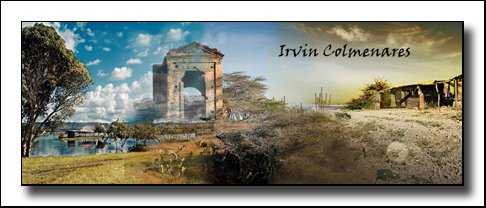


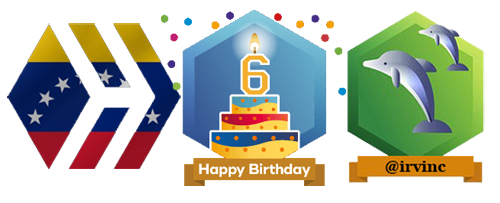

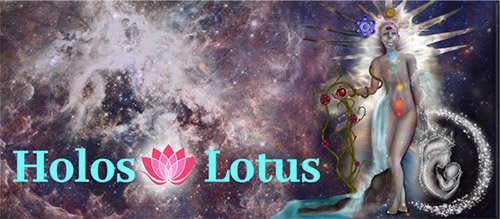

Comunidad Be Entrepreneur

